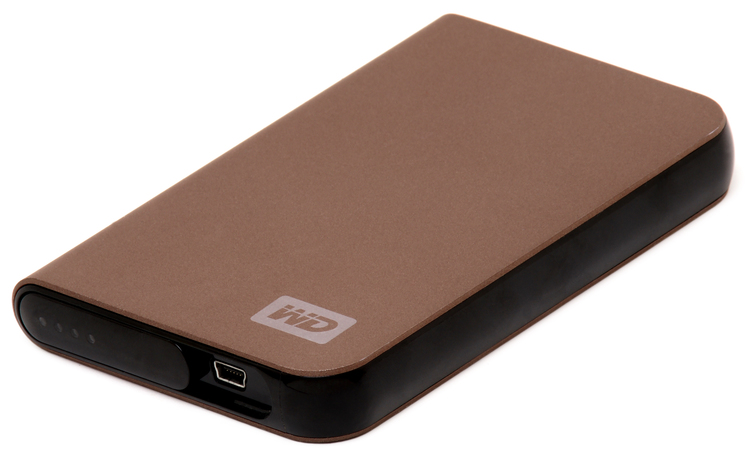Will My File Be Safe?
 I have a very important file, so I've saved a copy on 10 of my 20 hard-drives. However,
of these hard-drives will be corrupted, where
is equally likely to be
What is the probability that my file will be safe?
I have a very important file, so I've saved a copy on 10 of my 20 hard-drives. However,
of these hard-drives will be corrupted, where
is equally likely to be
What is the probability that my file will be safe?
The answer is 0.90909.
This section requires Javascript.
You are seeing this because something didn't load right. We suggest you, (a) try
refreshing the page, (b) enabling javascript if it is disabled on your browser and,
finally, (c)
loading the
non-javascript version of this page
. We're sorry about the hassle.
Let's line up all of the 20 hard drives so that the first ten have the file on them and the second half don't.
If n < 1 0 , then all of the files are safe no matter what.
For n = 1 0 , then the only case in which the first ten files are all corrupted is if these exact ten get chosen. There are ( 1 0 2 0 ) ways of selecting ten, and one of these will result in total corruption.
Our probability for n = 1 0 is ( 1 0 2 0 ) 1
For n = 1 1 , then there are ( 1 1 2 0 ) ways of picking 11 out of the 20 hard drives to get corrupted. Ten of these need to be on our first ten hard drives, so the last corrupted hard drive can be any of the remaining ten, and we will still lose all of our data, so there are ( 1 1 0 ) cases that will result in losing all of our data.
Our probability for n = 1 1 is ( 1 1 2 0 ) ( 1 1 0 )
For n = 1 2 , the same case applies. ( 1 2 2 0 ) ways of picking our hard drives. Ten need to corrupt our first ten hard drives, so the remaining too can corrupt any of the remaining ten, so we have ( 2 1 0 ) ways of picking the last two.
Our probability for n = 1 2 is ( 1 2 2 0 ) ( 2 1 0 ) .
And we can see that for every value of n ≥ 1 0 , the probability of all of our hard drives getting corrupted is
( ( 1 0 + n ) 2 0 ) ( n 1 0 ) and each has a 2 1 1 chance of occuring.
Thus our probability of all of our files getting corrupted is:
2 1 1 ∑ n = 0 1 0 ( ( 1 0 + n ) 2 0 ) ( n 1 0 ) = . 0 9 0 9 . . .
So our probability of keeping our file is 1 − . 0 9 0 9 0 9 . . . , which is . 9 0 9